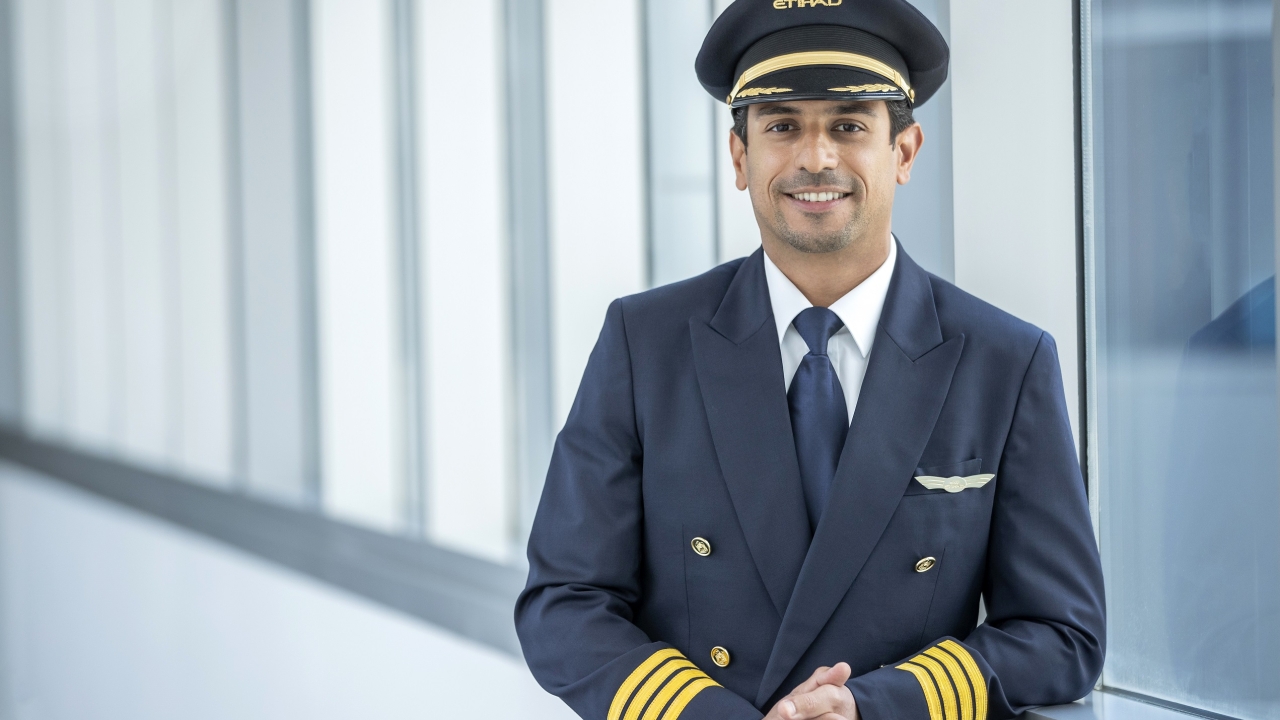UAE space prodigy appointed NYU Abu Dhabi Scientific Research Fellow

Under the guidance of NYUAD Research Assistant Professor Mohamed Al Sayegh, Almansoori will work on developing lab skills including mammalian cell/tissue culture, RNA and protein extractions, primer design, Real-time PCR, microscopy, and cell staining methods. The fellowship will culminate in a scientific research proposal, aimed at creating a scientific publication.
NYUAD Provost Fabio Piano said: “We are delighted to welcome Alia Almansoori to our research community, and look forward to fostering her insatiable hunger for knowledge and deep curiosity while helping her make ever greater contributions in the sciences, and space science in particular. NYU Abu Dhabi research seeks to tackle some of the greatest challenges of the 21st century while pushing forward the boundaries of knowledge and progress within the UAE and beyond. Alia’s assistance and contributions as a Scientific Research Fellow will be invaluable in this endeavour.”
Almansoori underlined her excitement and emphasised how important this achievement is for the UAE, adding that it was due to the wise leadership of the UAE that this opportunity was even possible. Adding that the government’s support of women’s empowerment is present throughout the society, with, for example, the UAE’s political cabinet comprised of nearly 30 percent women.
She stressed that by joining NYUAD as a scientific fellow, she would be able to inspire young Emiratis to engage in research and science, both considered key to the progress of society.
Almansoori encouraged her contemporaries to pursue ambitious goals in the fields of research, noting that NYUAD provides the latest scientific equipment and laboratories for researchers and scholars. She confirmed that her research in the field of space did not come purely by chance, but resulted from her continued passion for biochemistry and space science. She also explained that excellence in space research and science does not necessarily require the individual to be a specialist in space science, but may be triggered instead by his or her interest and passion in other areas such as chemistry and biology.
Al Sayegh commented,“It’s exciting to be working with Alia, who is proving to be a rising star within the field of the sciences in general. Although Alia’s interest in the sciences is vast, spanning from space and astronomy to biology, our shared interest will focus largely within the field of biology, specifically in genetics, encompassing my research interest in cell differentiation and her interest in heat shock responses at a molecular level. This will add a new stream to the ongoing research program in my lab, which will be of great interest and value to explore and expand on. At the same time, Alia will be gaining immense experience in the lab under my mentorship, transcending my experience with her research interest from an experimental and scientific point of view. Overall, I think her joining the NYUAD community will be beneficial for both, in that she would be exposed to an excellent academic setting and NYUAD will have the chance to work with and foster a local talent with already significant achievements.”
Hailed as a young space sensation, Almansoori won the UAE Genes in Space contest for her experiment designed to detect gene expression changes in astronauts induced by stress, such as that caused by cosmic radiation and microgravity. This experiment, performed by NASA astronaut Peggy Whitson aboard the International Space Station (ISS) in August 2017, successfully detected stress-induced gene expression using a fast and simple technique known as reverse transcription polymerase chain reaction (RT-PCR). The research could lead to the discovery of methods for monitoring cellular stress in astronauts and assessing the impacts of long-term space travel at the molecular level.
Stay up to date
Subscribe to the free Times Aerospace newsletter and receive the latest content every week. We'll never share your email address.

